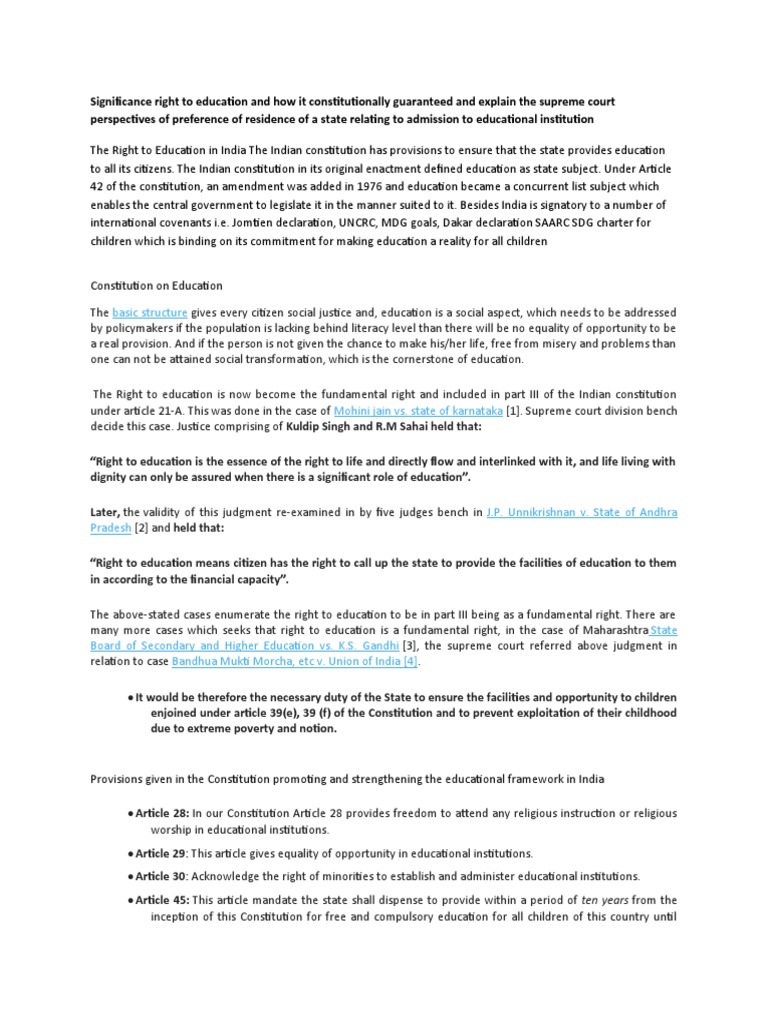Education stands as a pivotal human right, a vehicle through which individuals can achieve personal growth, societal participation, and holistic development. The Bahá’í teachings emphasize the sanctity of education, advocating its accessibility for all, regardless of gender, race, or socioeconomic status. However, across various regions of the globe, the right to learn has come under siege. This examination delves into the Bahá’í perspective on education and addresses the pressing issue of educational oppression, underscoring the necessity to defend the right to learn.
At the core of Bahá’í philosophy lies the belief that education is a crucial element of spiritual and social progress. The writings of the Bahá’í Faith illuminate a vista where knowledge acts as a light in the darkness of ignorance. This evolution of thought permeates the tenets of the Bahá’í community, fostering an environment that prioritizes learning. In this framework, education is not merely a repository of information but a transformative force capable of reshaping individual lives and communities at large.
One critical aspect derived from Bahá’í teachings is the notion of universal education. The principles espoused emphasize that every child—irrespective of their background—deserves the opportunity to access educational resources. This ideal contrasts sharply with the tragic reality faced in numerous countries plagued by institutionalized discrimination. Factors such as conflict, poverty, and systemic biases severely hinder educational access, particularly for marginalized groups. The Bahá’í community actively works to counteract these barriers through initiatives aimed at supporting education for all.
The Bahá’í Faith delineates a framework that not only advocates for educational access but also nurtures the kind of pedagogy that promotes critical thinking and moral development. In light of this, there is an urgent call to develop curricula that transcend rote learning and embrace holistic approaches. Such educational models encourage students to engage with the world around them, fostering a spirit of inquiry and accountability. This alignment with Bahá’í values refines educational practices, steering them towards cultivating responsible global citizens.
Furthermore, the spiritual dimensions of education cannot be overlooked. In the Bahá’í view, learning is not a mere accumulation of knowledge; it is interwoven with spiritual growth. The teachings encourage the pursuit of knowledge as a form of worship, urging adherents to explore and understand the physical, social, and spiritual realms. This duality of purpose instills a profound respect for education, broadening individual horizons and deepening collective insights.
However, defending the right to learn in the face of oppression is a daunting task. Regions beset by conflict or political instability often see the weaponization of education. In some societies, learning environments become battlegrounds where ideologies clash, leading to the suppression of educational institutions. The Bahá’í response to such challenges is grounded in nonviolent advocacy and community empowerment efforts. By championing peace and justice, the Bahá’í community aims to create safe spaces conducive to learning, where dialogue replaces discord.
The role of women in education is another pivotal facet tied to Bahá’í teachings. The Faith unequivocally supports gender equality, advocating for women’s education as a cornerstone of societal advancement. In many cultures, traditional norms impede women’s access to education, generating a vicious cycle of marginalization. The Bahá’í community endeavors to disrupt this cycle through various programs that promote female empowerment, recognizing that the upliftment of women correlates with broader societal improvement.
This advocacy for educational equity finds expression in the Bahá’í administrative order, which embodies principles of consultation and collective decision-making. The participation of diverse voices in shaping educational policies reflects the community’s commitment to inclusive governance. This decentralized approach ensures that the needs of different demographic groups are acknowledged and addressed, strengthening the educational fabric of society.
In addressing the complexities of educational oppression, the Bahá’í community also engages in dialogue with international human rights organizations. Through shared narratives and collaborative initiatives, there exists an impetus to implement policy changes that safeguard educational rights. This interplay between community action and global discourse embodies a strategic dimension in the pursuit of educational justice.
Another significant aspect is the importance of interfaith dialogue within the realm of education. The Bahá’í teachings encourage collaboration with other religious and philosophical traditions to promote a shared understanding of the value of education. This collective effort not only enriches the discourse on educational rights but also cultivates mutual respect and cooperation across cultural divides. By fostering relationships among diverse groups, the Bahá’í community envisions a world where educational liberties are universally upheld.
The challenges are as daunting as they are diverse, but the Bahá’í commitment to education as a fundamental human right remains unwavering. As individuals continue to advocate for the right to learn, it becomes imperative to recognize that education is both a privilege and a right. Together, through concerted efforts, it is possible to dismantle the barriers that impede access and recognition of this essential aspect of human dignity.
In summary, the Bahá’í teachings illuminate the path toward establishing educational equity, highlighting the importance of inclusive practices, spiritual growth, and collective action. In an era where educational access is imperiled, the commitment to defend the right to learn stands as a beacon of hope. By adhering to the principles of unity, the Bahá’í community not only champions the plight of learners facing adversity but also embarks on a broader mission to cultivate a world where education is accessible to all.
